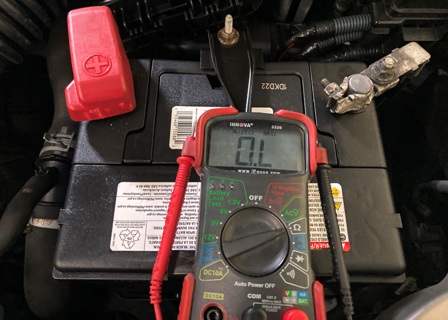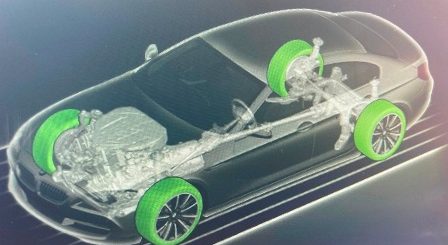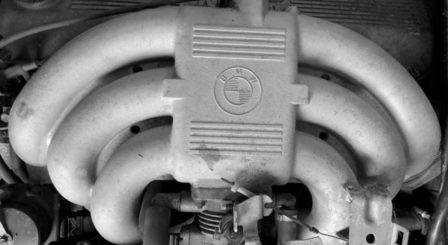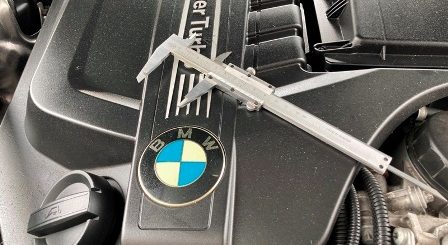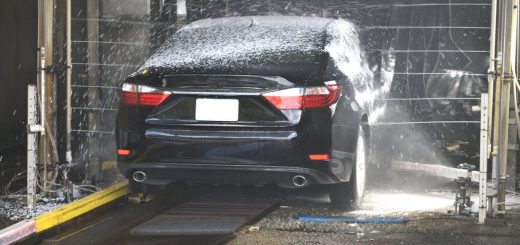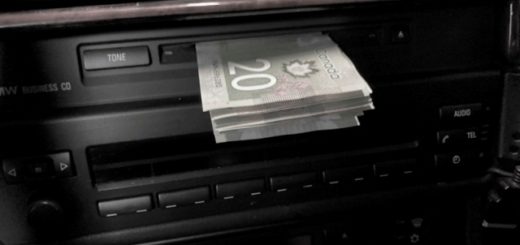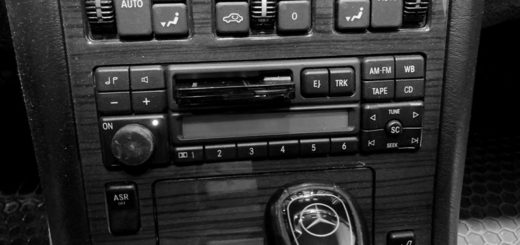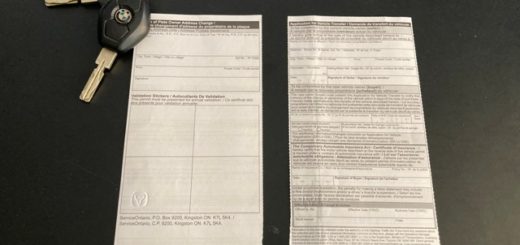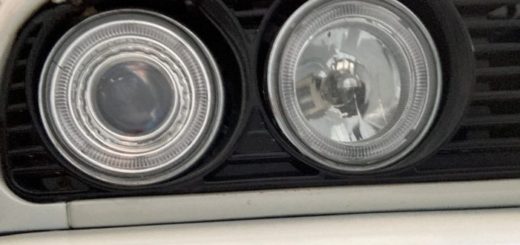Signs of Failing Car Battery
Signs of bad car battery: Battery powers all electrical components in your car, from engine starter to radio to lights and everything in between. Batteries are designed to provide a large amount of current instantly when engine starter is engaged.
Car batteries are durable (depending on how much you pay, i.e. quality), last a fairly long period of time and are maintenance free. However, as with everything else batteries have a limited lifespan.
How a Car Battery Works
Batteries work by turning chemical reaction into electrical energy. Lead-acid battery is oldest of rechargeable batteries and has been around since mid 1800s. Lead-acid battery is still primary type of battery used for cars.
Btw, first electrical car (or EV) operated with lead acid batteries…in 1890. It could reach speeds of 40km/h and run for 70 km before recharging.
Lead acid batteries are most cost effective when compared to other types of batteries. Car batteries are split into cells, each cell has two plates (cathode and anode).
Positive plate (or cathode) is made of lead oxide. Negative plate (or anode) is made from pure lead. Sulfuric acid is used as a catalyst between plates to produce electricity. Car batteries are 12 volts and have six cells with each cell producing 2 volts each.
Lifespan of Car Batteries
Car batteries usually last about 4 to 6 years. Battery lifespan depends on battery quality and environment where battery is operated. In very hot and especially very cold climates car battery lifespan will be shorter.
Battery utilization also plays an important role. If you do not drive your car often, battery lifespan will be shorter. Modern cars never really sleep, electronics will run all the time (alarm and security as an example). If a car is not driven regularly, battery will slowly lose charging ability.
Signs of bad car battery
1) Intermittent starting
Your car doesn’t start one morning and you jump start it. It runs fine after that. Well, that was a sign your battery is on its way out. If it fails once then chances are it will fail again, next time for good. Interment battery operation indicates a bad battery which has failed or shorted power cells.
If your battery fail to start your car, do no just keep jump starting it. Replace battery as soon as you can before inevitable complete failure happens.
2) Starter operation is sluggish
If you hear engine starter operate slower than normally, battery charge is low or battery is failing. Sluggish starter operation means not enough power is being supplied form battery to engine starter. You will hear starter struggling to start your car, especially on cold days. Slow starter operation is a sure sign voltage in your car battery is lower than optimal and battery will soon fail.
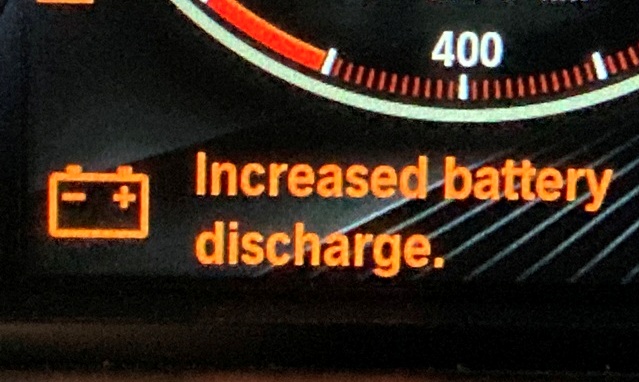
3) Battery Acid Smell
Failing batteries will sometimes omit a sulfuric smell. Check for deformation of battery case. Bulging on battery case are sign of bad battery. Cracked battery case will leak vapors containing acid sulfuric. Hydrogen sulfide gas is poisons if breathed and to make it worse it has no color, and is flammable on top of it. Replace battery immediately if you notice acid smell.
4) Battery Warning Light
A battery warning light does not necessary mean your battery is bad. Commonly, battery warning light means your battery is not being charged by alternator. Battery warning lights are mostly charging system related, failed alternator usually. Battery Warning Light.
However, there are cases when battery is shorted internally and can not hold a charge. In this case a battery light will be triggered as power is not supplied to electrical systems and battery can not hold a charge.
5) Terminal posts corrosion
Corrosion on battery terminal posts can be an early sign of battery failure and indicate sulfuric acid leak from terminal pots. Battery case has been compromised or cracked if you see signs of acid corrosion on battery terminal posts. Acid leaks will create a greenish bluish corrosion and are highly corrosive. Clean battery corrosion with water, brush and baking soda. Make sure to wear gloves when you do it and watch your eyes.
6) Dimmer lights
Vehicle lights appearing dimmer or flickering lights can be signs of bad battery or alternator failure. Dim or flickering lights is one most common indicators of failing car battery (although this symptoms is also related to a failing alternator). Have your battery tested if you experience dimmer lights or if your headlight and dashboard light are flicking.
7) Failure without symptoms
Often car batteries can fail without symptoms. Usually this happens to old batteries. Battery cells can short internally and damage battery plates. Shorting happens when battery plates touch each other,
Old batteries will have growth of sulfate compound which creates a short between battery cell plates. Shorting can cause batteries to fail suddenly without prior signs. Its better to consider your battery as a maintenance item. If your battery its older than 5 years its a good idea to replace it before battery starts to fail.
8) Battery Age
Batteries operated in mild climate have a longer lifespan than batteries operated on very cold or very hot climates.
Car batteries usually last anywhere between 4 to 6 years. Lifespan will depend on climate, location of battery, frequency of driving, loads on battery and most importantly quality of battery. If your car battery is over 5 years old, is just a matter of time before it fails.
9) Battery Acid Leaks
In rare instances battery case can be damaged or cracked causing battery acid leaks. Battery acid is very corrosive and will start to corrode everything it comes in contact with. Batteries are usually located on top of vehicle chassis, acid will leak and corrode anything metal underneath battery including vehicle chassis.
Replace a leaking battery as soon as possible and wash everything with plenty of water before installing new battery. Make sure no acid is left standing on battery tray and anything else metal located underneath battery tray.
10) Battery Electrical Problems
Bad batteries can cause an array of electrical problems, most common are:
– Slow power window operation
– Heated seats not working properly
– Interior lights too dim
– Exterior lights flashing or flickering
– Dashboard lights and radio intermittent operation
– Sunroof slow to operate
Testing Battery in Your Car
Testing condition of your car battery is easy and you can do it yourself. All you need is a $20 voltmeter. Test battery with engine off. Optimal voltage of battery is anywhere between 12.3 to 12.7 volts. 12.7 volts indicates a 100% charged battery and 12.3 volts a 50% charged battery.
Battery voltage should not be under 12 volts when tested with engine off. Voltage under 12 volts indicates a weak battery in need of charging. Battery voltages under 11 volts point to a bad battery which should be replaced.
Also you can test battery on crank, initial starter operation prior to engine starting. Voltage should be higher than 10 volts. If voltage on crank is lower than 10 volts then battery is weak and should be replaced soon.
Its not difficult to test battery in your car and doesn’t requires any technical knowledge. Details here on “How to Test a Car Battery”.
(If you are looking for a fast and easy solution to sell your car, more here on “How To Sell Your Car Fast In Ontario”. )
Comments: If you have any questions or suggestions related to this post or Used Car Toronto in general, don’t hesitate to use comment section below.


